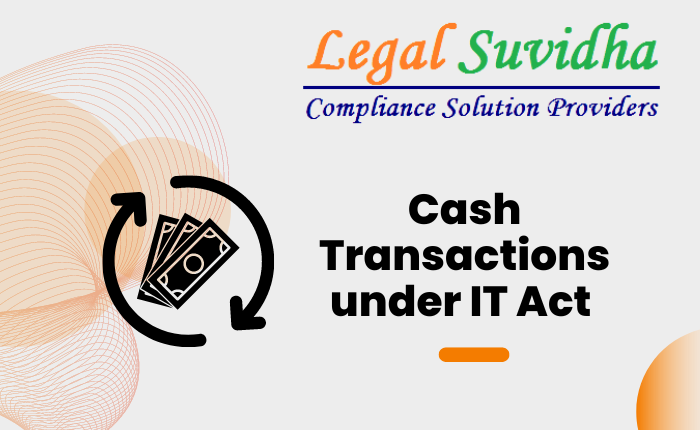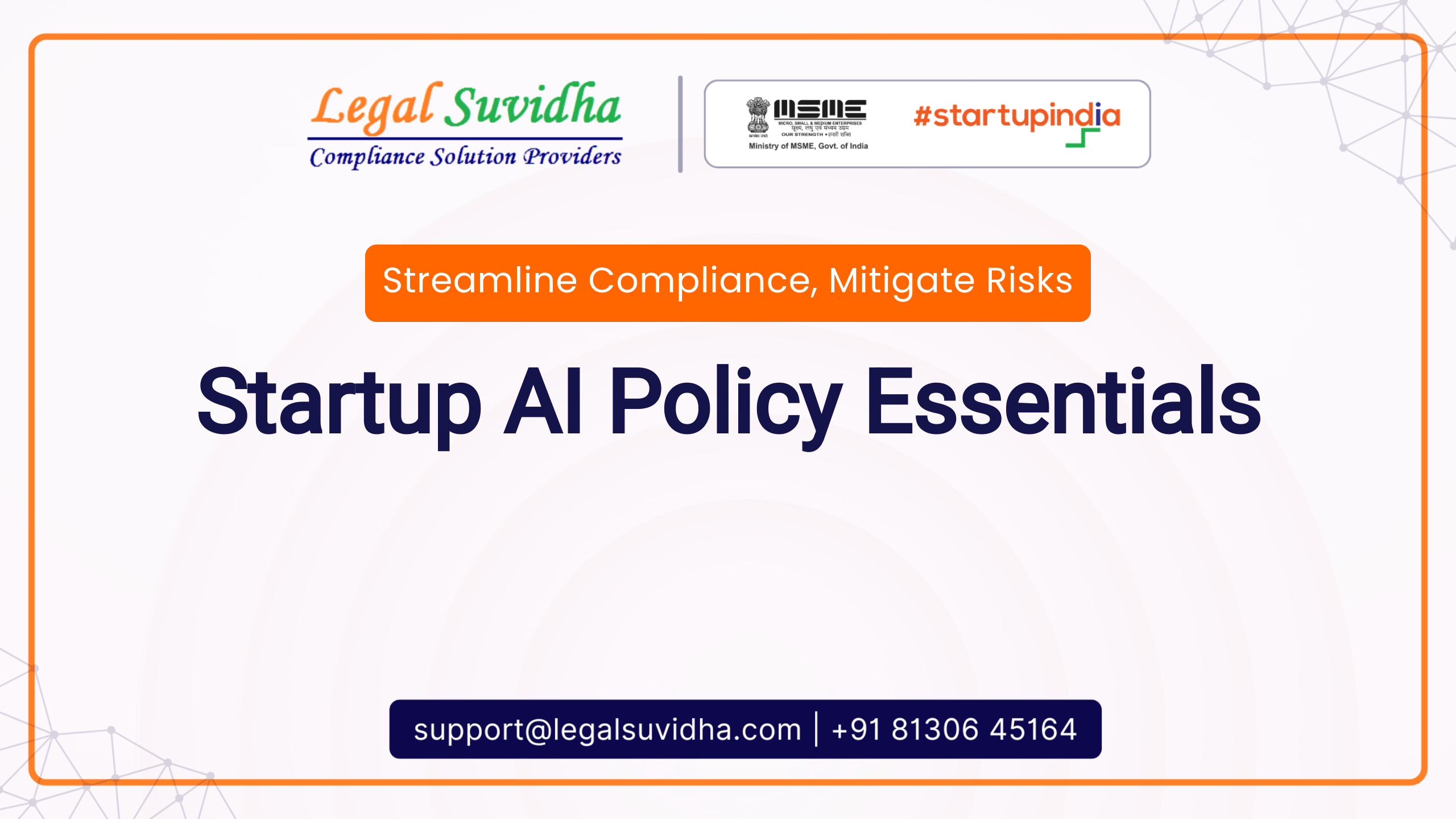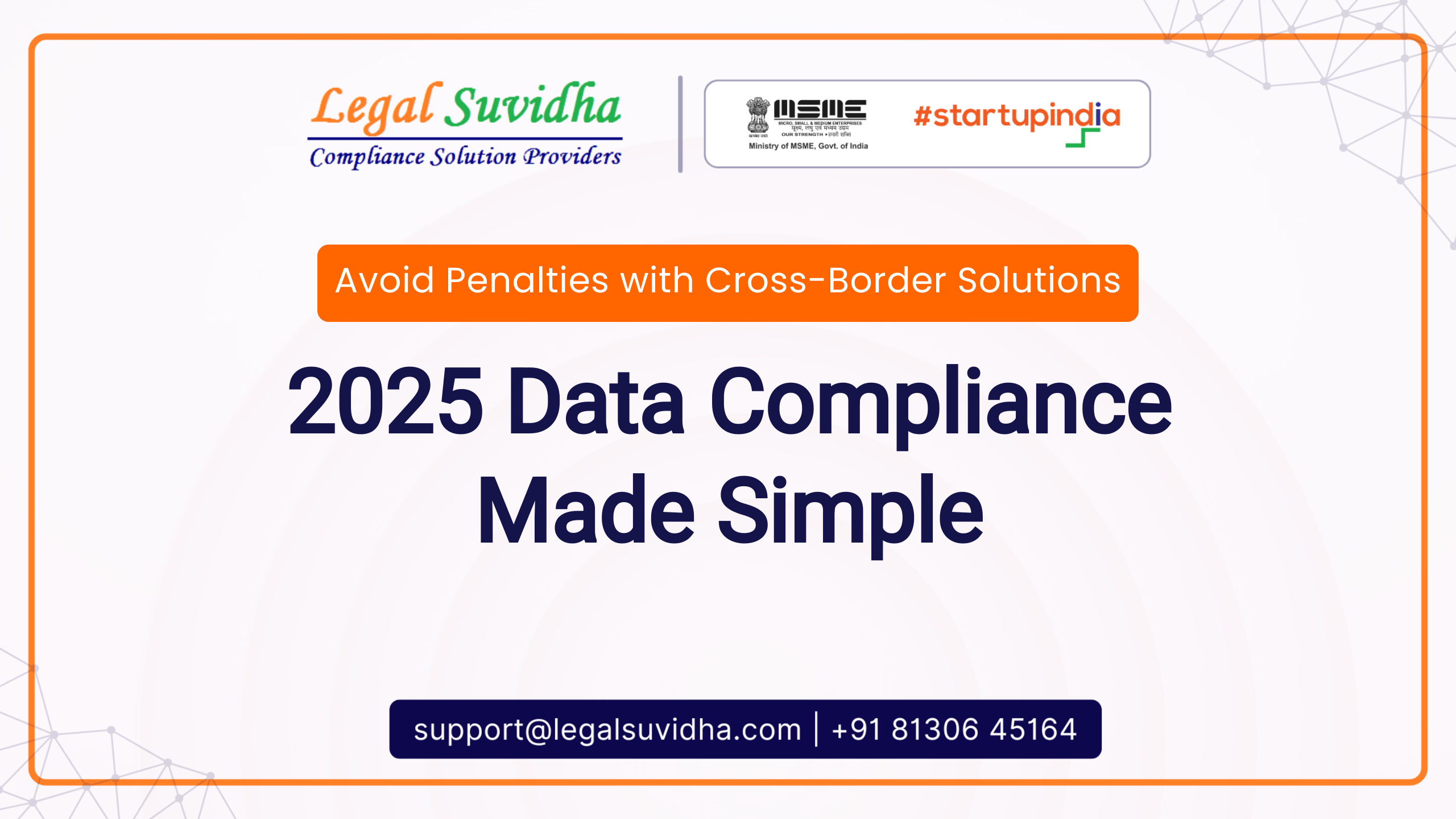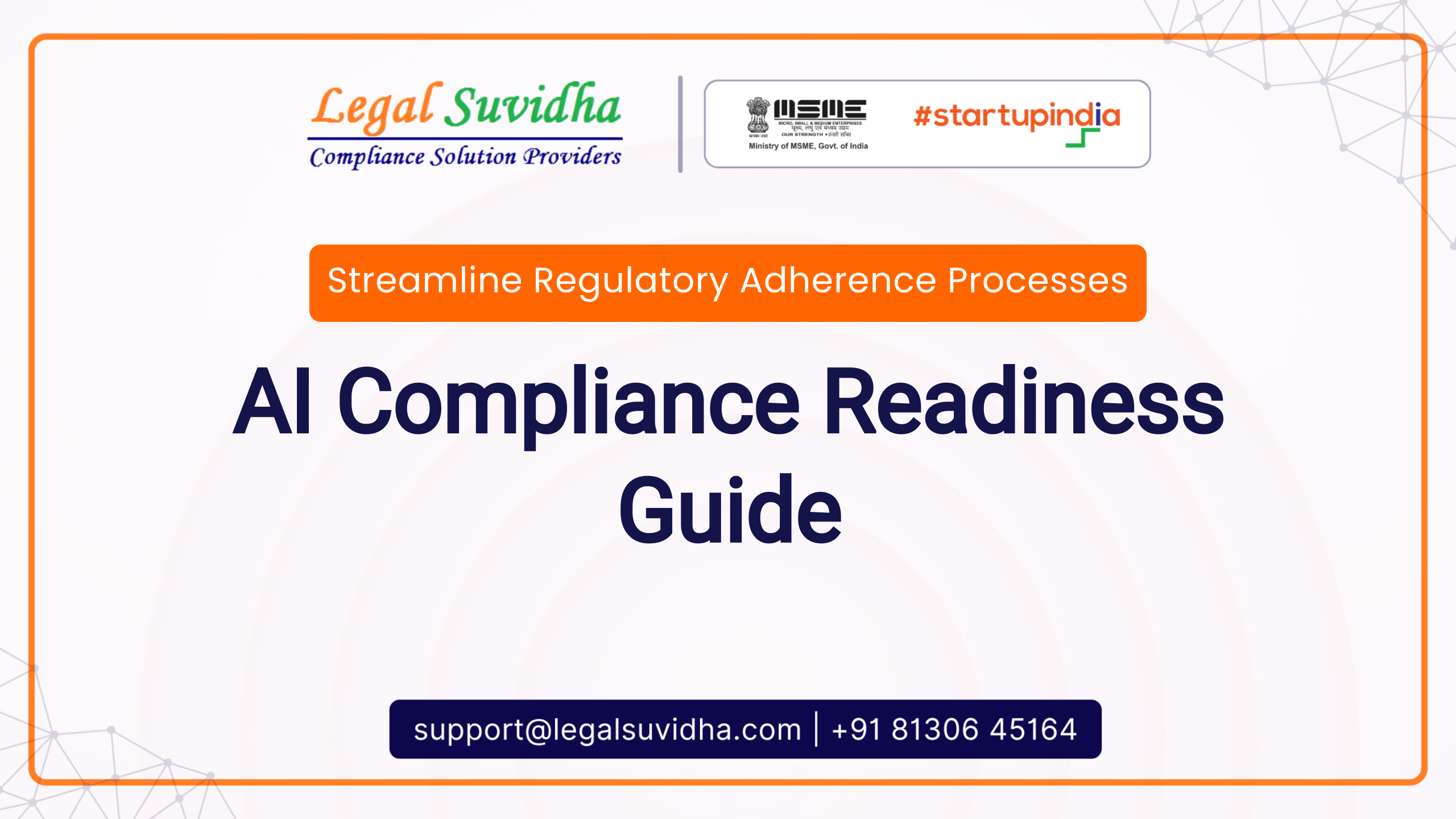Cash is viewed as a financial means to complete a transaction between a payer and a payee. In India, following the demonetization and the emergence of UPI as a money transfer method, the landscape of transaction settlements underwent significant changes. The government actively promotes cashless transactions over cash-based ones for reasons such as transparency, taxation enforcement, prevention of the circulation of illicit funds, and combating corruption. Consequently, the Income Tax Act of 1961 imposes restrictions on cash transactions in specific scenarios. In this article, we will delve into the permissible limits for cash transactions.
Section 40A(3) and Section 40A(3A) of the Income Tax Act in India:
| Aspect | Section 40A(3) | Section 40A(3A) |
|---|---|---|
| Type of Expenditure | Expenditure incurred in the same year | Expenditure incurred in subsequent years |
| Disallowance Criteria | Payment exceeds Rs.10,000 and is not made | Payment exceeds Rs.10,000 and is not made |
| by A/c payee cheque/draft/ECS or electronic | by A/c payee cheque/draft/ECS or electronic | |
| mode prescribed (Rule 6ABBA*) | mode prescribed (Rule 6ABBA*) | |
| Disallowance Percentage | 100% | 100% |
| Applicability Conditions (Both Sections) | a. Expenditure exceeds Rs.10,000 | a. Deduction claimed for expenditure |
| b. Payment made in cash exceeding | exceeding Rs.10,000 in any of the | |
| Rs.10,000 in a day | in earlier years | |
| Specific Condition (Section 40A(3A) only) | b. Payment made in subsequent years | b. Payment in cash in a subsequent year |
| after deduction claimed | exceeding Rs.10,000 in a day | |
| on due basis |
Note: Rule 6ABBA prescribes the modes of payment for the purpose of these sections.
Section 40A(3) Disallowance Conditions:
1. If specific conditions are met, the entire expenditure is disallowed under the respective section.
2. Payments to transporters for goods carriages can increase the threshold amount from Rs.10,000 to Rs.35,000.
Exceptions to Section 40A(3):
3. When an assessee pays two different bills in cash, as long as neither exceeds Rs.10,000/Rs.35,000, section 40A(3) does not apply.
4. If payments are made partly by account payee cheque and partly in cash, and the cash portion doesn’t exceed Rs.10,000/Rs.35,000 at once, section 40A(3) is not triggered.
5. Payments made for a single bill exceeding Rs.10,000/Rs.35,000 on different days to the same person in cash are exempt, provided individual payments stay under Rs.10,000/Rs.35,000.
6. Section 40A(3) applies only when expenditure is claimed as a deduction under specific sections (30 to 37).
Calculation of Disallowance:
7. If a portion of expenditure is already disallowed under other provisions, disallowance is based on the allowed portion.
Dual Application of Sections:
8. In cases where both section 40A(2) and section 40A(3) apply, first disallow the excess under section 40A(2).
9. If the remaining balance exceeds Rs.10,000, disallow it under section 40A(3).
Exceptions to Section 40A(3):
10. Various exceptions to section 40A(3) include payments to entities like RBI, banks, co-operative banks, LIC, payments required to be made in legal tender, electronic modes of payment, and more.
Restrictions on Loans, Deposits & Advances (Section 269SS):
11. Prohibits accepting loans, deposits, or specified sums in cash or through bearer cheques for Rs.20,000 or more.
12. Specified sum includes money related to immovable property transfers.
13. Electronic modes of payment can be used for transactions exceeding Rs.19,999.
Exemptions to Section 269SS:
14. Exemptions include government entities, banking companies, corporations established by acts, and cases with both parties having agricultural income.
Penalties for Non-Compliance (Sections 269SS and 269T):
15. Penalties equal to the loan or deposit amount for non-compliance with sections 269SS and 269T.
Amendments by Finance Act, 2023:
16. Primary Agricultural Credit Societies and Primary Co-operative Agricultural and Rural Development Banks can accept and repay higher amounts in cash.
Restrictions on Cash Transactions of Rs.2 Lakhs or More (Section 269ST):
17. Prohibits receiving Rs.2,00,000 or more in cash in a day, for a single transaction, or for transactions related to one event, except through specified modes of payment.
18. Exemptions apply to government entities and transactions specified in section 269SS.
Key Points in Section 269T:
19. The restriction applies to the recipient of money.
20. It applies to all individuals and entities, regardless of the purpose.
21. It applies to receipts with or without consideration.
22. Tax consequences may apply to gifts exceeding Rs.2 Lakhs.
23. The character of the receipt (taxable or exempt) is irrelevant.
Penalty for Non-Compliance with Section 269ST:
24. Penalty equals the amount of the receipt for non-compliance with section 269ST.
In Conclusion:
25. These provisions aim to discourage cash transactions and promote cashless transactions through incentives and requirements.
If You have any queries then connect with us at [email protected] or [email protected] & Contact us & stay updated with our latest blogs & articles









